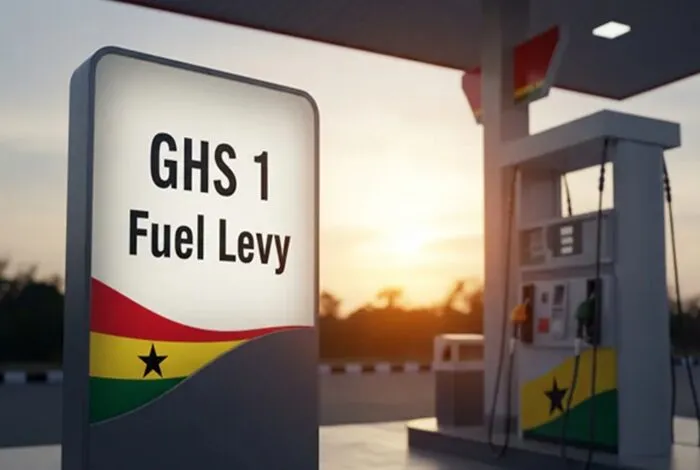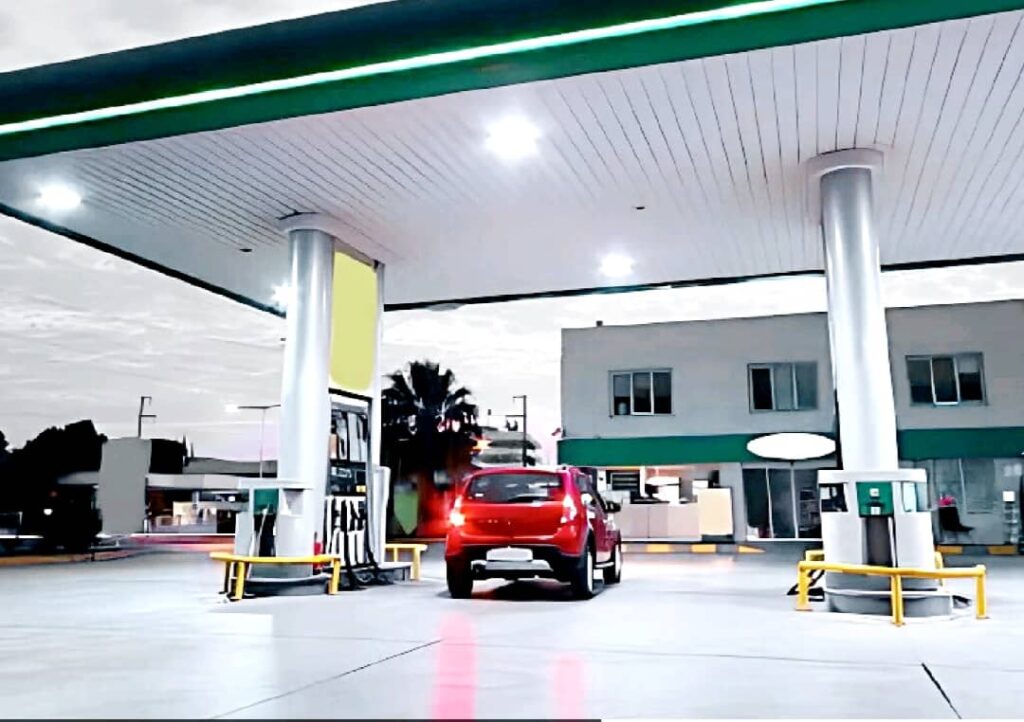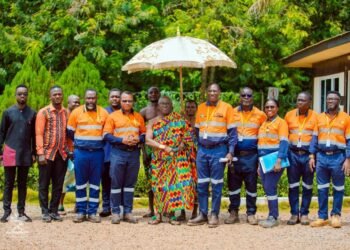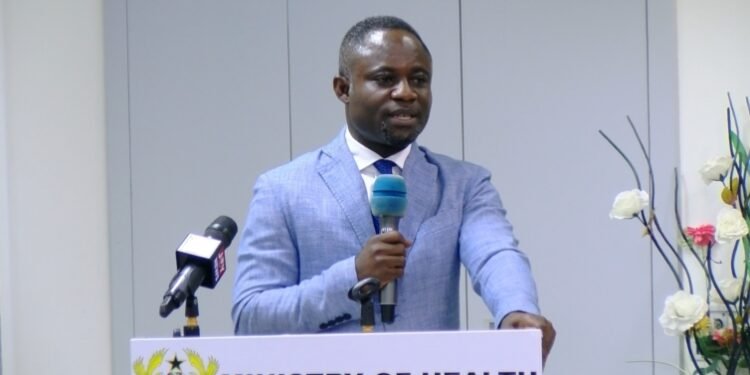The Chamber of Oil Marketing Companies (COMAC) has urged the Government to extend the payment period for the newly introduced Energy Sector Recovery Levy from 30 days to 40 days to ease liquidity challenges facing petroleum industry players.
At a press briefing held in Accra on Monday, June 30, COMAC Chief Executive Officer, Dr. Riverson Oppong, expressed appreciation to the Ministry of Finance, the National Petroleum Authority (NPA), and the Ghana Revenue Authority (GRA) for their recent constructive engagements with the oil marketing sector.
“Through this dialogue, we have seen substantial progress, particularly the postponement of the implementation date and concentration of relief measures for OMCs.
“On this basis, we are firm in our commitment to supporting the implementation of the levy in the short term, and contributing to Ghana’s energy sector recovery.”
Dr. Riverson Oppong, Chief Executive Officer of COMAC
Despite pledging support for the levy set at GH¢1 per litre, Dr. Oppong stressed that the continued viability of Oil Marketing Companies (OMCs) rests on how effectively agreed relief measures are implemented.

“The sustainability of OMC operations heavily relies on the implementation of corresponding relief measures that were neutrally acknowledged during our engagements with the Ministry of Energy and Green Transition.”
Dr. Riverson Oppong, Chief Executive Officer of COMAC
COMAC advocated for three key changes to the levy’s rollout. The Chamber called for the “extension of the levy payment window from the current 30 days to 40 days to cushion members’ cash flow challenges.”
This, COMAC argued, will ensure that OMCs can settle the levy obligations without resorting to price hikes or operational cutbacks.
Dr. Oppong again recommended transitioning eligible OMCs from a cash-based levy payment system to a credit-based structure, supported by insurance bonds or bank guarantees.
This would free up capital for operational reinvestment, enabling players to continue distributing petroleum products without financial strain.
To promote transparency and fair competition, the Chamber also called for the gradual elimination of petroleum subsidies. The move, COMAC believes, would reduce pricing distortions, eliminate preferential treatment, and enhance parity across the fuel retail market.
“We firmly believe the implementation of the relief measures stated here are essential structural adjustments to ensure the levy’s rollout is both sustainable and equitable.”
Dr. Riverson Oppong, Chief Executive Officer of COMAC
COMAC to Collaborate with Gov’t

The Chamber signalled its willingness to continue collaborating with government agencies to refine the levy’s operational framework. It also urged swift action to implement relief mechanisms before the next pricing window to prevent disruptions.
“We are not opposed to the levy. But it must be executed in a way that is both financially sustainable and fair to industry players and consumers.”
Dr. Riverson Oppong, Chief Executive Officer of COMAC
The Energy Sector Recovery Levy, introduced by the government earlier this year, is designed to help offset Ghana’s mounting energy sector debts.
Though originally slated to take effect on June 9, 2025, the implementation was postponed to June 16 following appeals from industry stakeholders, including COMAC and the Chamber of Bulk Oil Distributors (CBOD).

While civil society organisations and opposition lawmakers criticised the levy as regressive, government officials have defended it as a necessary, short-term intervention to stabilise the energy sector and restore fiscal balance.
According to the Ministry of Finance, proceeds from the levy will be ring-fenced for clearing arrears owed to power producers, bulk distributors, and independent power generators—helping to restore confidence in the sector and improve electricity reliability.
As Ghana works to stabilise its energy sector, the next few weeks will be crucial in determining how well fiscal policy aligns with the operational realities of the country’s fuel supply chain.
READ ALSO: Mastercard and Access Bank Unveil Innovative Age-Segmented Card to Empower Ghana’s Youth






















